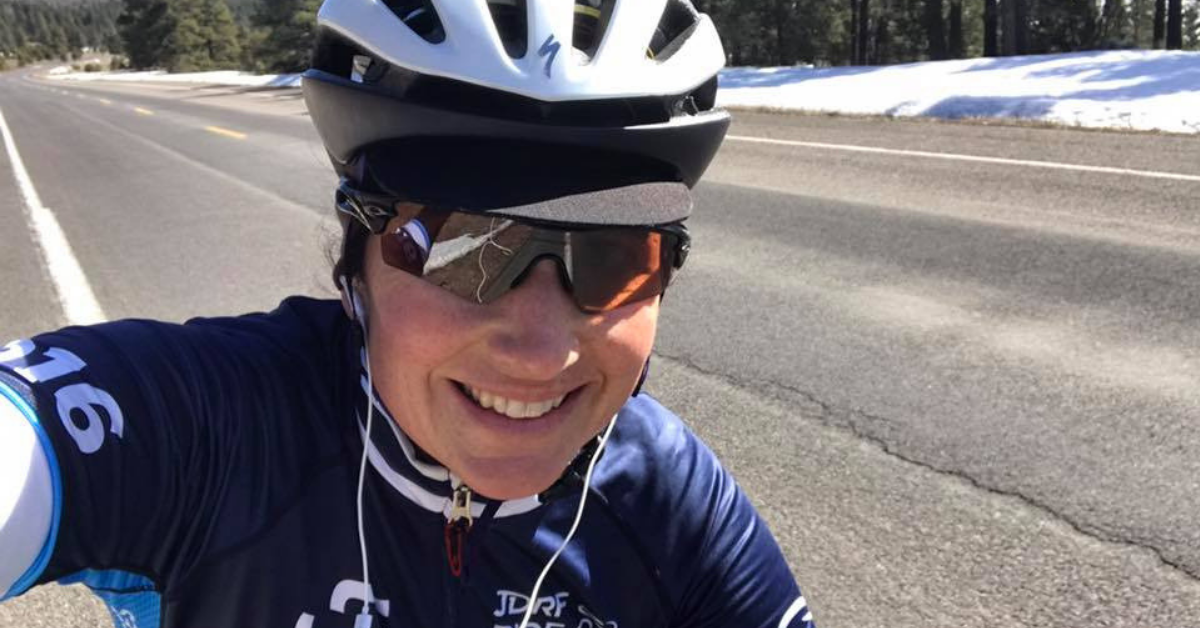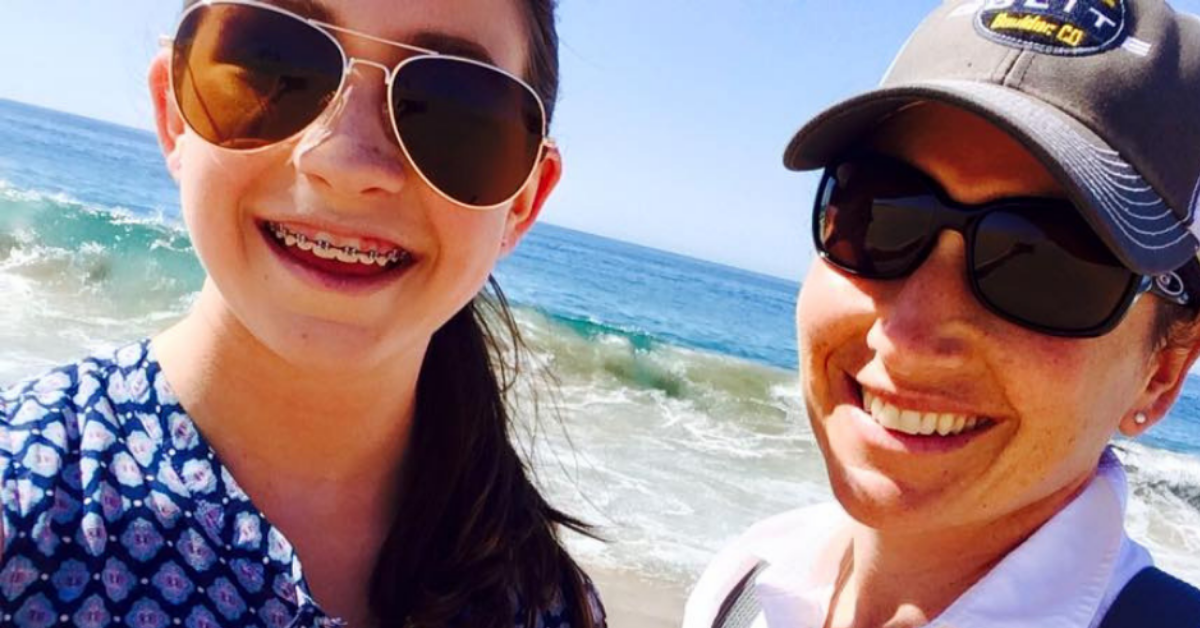
Jewels Doskicz has been living with diabetes for most of her life. Let her perspective on how to REALLY live with it inspire you!
Diabetes wasn’t in my plans.
Before I was diagnosed, high school was the “next big thing” on my horizon, not all the rigamarole associated with managing a chronic disease. Who knew that opening a sleeve of candies - as quietly as possible - during 8th grade class, would become part of my new skillset.
I discovered that the fortress-like capabilities of a bathroom were amazing. There’s always something to wipe your eyes with, and the act of retreating and re-emerging with a new sense of self can only happen in a place where no one will try to open the door.
I’m non-apologetic for my disease.
Realizing that the biggest risk of developing diabetes is that the human body has a pancreas, was helpful. But how had mine gone unappreciated all of those years before? I couldn’t have guessed its vital importance until the malfunctioning began. Should I now be thanking my thyroid, liver, and other organs too?
I didn’t know it then, but insulin would go on to save the life of my youngest daughter too. I would be wooed by the solace of the bathroom, again, 23 years later.

I think of insulin as a wonderful gift for an uninvited guest. Its discovery, a brilliant story.
No one knows we have diabetes unless they catch a glimpse of it, or we choose to share it. How we disclose is a personal choice. Wear it as a tattoo, have your pump tubing hanging out like a “proud wave of a flag,” or retreat and keep it on the down-low. We’re all unique creatures.
Most of us aren’t looking to get a lot of “likes” about our condition. It’s a balancing act of sorts. We unite with others through a common sense of understanding and life plight.
I may have become a patient for life, but I am not diabetes. Diabetes doesn’t have me.
Life becomes a new kind of interesting. It’s not easy, although some days are slicker than others. Perhaps you can relate to a life with well-managed diabetes. I’ve mistaken the back doors of my home as those of the refrigerator, awoken to paramedics hovering over me after a hypoglycemic seizure, injected myself with glucagon, saved my daughter’s life on our kitchen floor, had embarrassing low blood sugars that soaked me from head to toe in grocery stores, restaurants, and countless other places. This is diabetes.
I appreciate every day.
When you have diabetes, you may notice how many other people don’t. I count 30 people in my yoga class, every other child in my daughter’s kindergarten class, each and every nurse I work with, and in high school - all of the players on my daughter’s basketball team. The cast of those living with a functioning pancreas is countless. And my bets are strong that they aren’t thanking their pancreas for its behind-the-scenes work.
People with diabetes are supposed to go back to living life as they did before - have perfect numbers, sleep well, and live a life of happiness, while raising money for a cure every year, crowd-sourcing for those who can’t afford insulin, pretending high and low blood sugars aren’t the bane of our existence, and move on with our “invisible” disease.
In the meanwhile, we navigate the health system like a boss. “No” never works for us. We’re a feisty, sharp-witted, and snarky crew at times. We spend hours reading years-old copies of People magazine in uncomfortable waiting room chairs. We fill out the same paperwork over, and over, again, and we’re on the phone for endless amounts of time with all of the players in our D-lives.
Our actual selves have been changed by disease. We wear insulin pumps and continuous glucose monitors, carry life-sustaining sugar, speak a new diabetes lingo, count and measure everything, shoulder new responsibilities and expectations, and believe that our lives are worth fighting for. Every. Single. Day.

